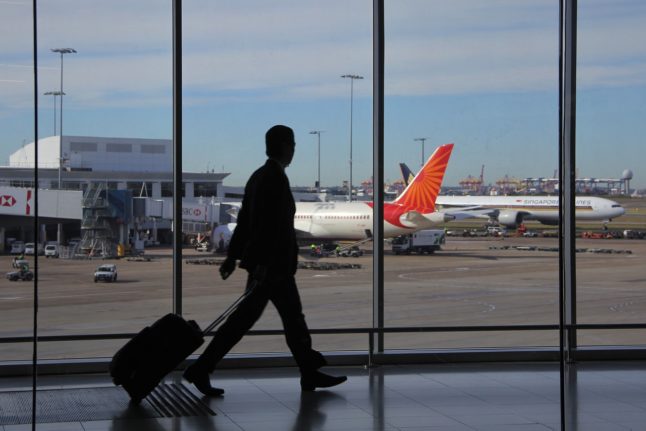More than 100,000 vacant positions need to be filled in Switzerland, according to a recent Manpower study, which found that “skilled workers remain a rare commodity” in the country.
This situation permeates various sectors, including healthcare, hospitality, technical, transport, construction, and other branches.
READ MORE: Jobs in Switzerland: Five in-demand sectors in 2023
Added to this is the fact that increasing number of people opt to work part, rather than full time, creating further gaps in the employment market.
The lack of skilled workforce combined with the growing trend toward part-time work “is the greatest obstacle” to the growth of the country’s economy, according to Valentin Vogt, president of Swiss Employers’ Association.
He estimates that about 300,000 additional workers are needed to boost the current labour market; otherwise, “Switzerland’s prosperity will suffer.”
Among the measures Vogt is proposing on political level to prevent this scenario is allowing more immigrants to come to Switzerland by better regulating the distribution of quotas set aside for foreigners from third countries.
How does the quota system work?
Unlike people from the EU / EFTA states, who have a nearly limitless access to Switzerland’s labour market, people from outside Europe have more hurdles to overcome in terms of work permits.
The reason is that permits for this group of foreigners are subject to strict quotas.
For the past several years, the government has issued the same number of quotas — 8,500 in all — for people who live in countries other than those within the European Union, or in Liechtenstein, Norway and Iceland. The latter three are granted the same rights as citizens of the EU.
Out of 8,500 permits, 4,500 people benefit from a B, and 4,000 from a L permit. (C permit can only be granted to those who have lived in Switzerland for periods ranging from five to 10 years).
Somewhat different rules, however, apply to UK citizens.
British nationals benefit from separate quota: 3,500 permits in all, of which 2,100 are B permits and 1,400 L permits.
However, this restriction doesn’t apply to Brits who had moved to Switzerland before the end of the Brexit transition period (December 31st, 2020) — they will retain all their existing rights for residence and employment.
Will Switzerland increase quotas for non-European workers, as Vogt suggested?
We don’t know that right now.
What we do know, however, is that, according to the State Secretariat for Migration (SEM), “admission of third-state nationals to the Swiss labour market is only granted if it is in the interests of Switzerland and the Swiss economy as a whole.”
“In each case, the prevailing employment market situation, long-term economic growth and the ability of the foreign national to integrate are taken into account,” SEM added.
This means that if labour shortages persist to the point of, as Vogt said, impacting Switzerland’s economy and prosperity, the government could increase quotas for third-country citizens, but only if no Swiss or EU / EFTA workers can be found to fill the vacant position.
Can you apply for a third-national permit anyway?
Yes, but the bar is set very high.
You can apply “only if you are highly qualified, i.e. if you are a manager, specialist or other skilled professional,” according to SEM.
“This means, essentially, that you should have a degree from a university or an institution of higher education, as well as a number of years of professional work experience.”
And, you must have a job offer in Switzerland already lined up — that is, someone who can attest they want to employ you and can’t find an appropriate candidate from among Swiss or EU / EFTA applicants.
Lastly, you “must explain and document why your admission is in the overall economic interest.”
As we said, the bar is high.
READ MORE: EXPLAINED: Switzerland’s planned work quotas for third-country nationals



 Please whitelist us to continue reading.
Please whitelist us to continue reading.
Member comments